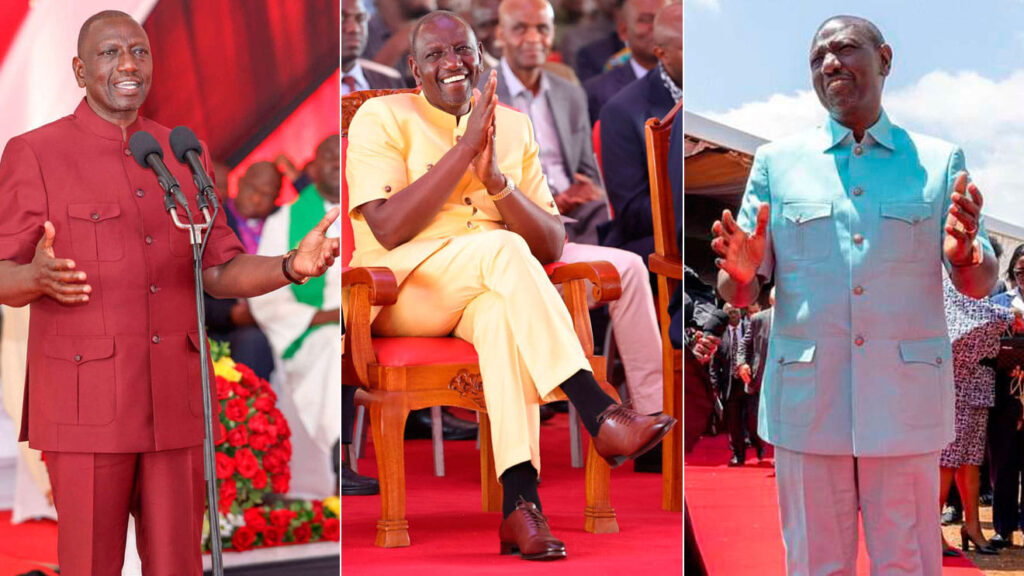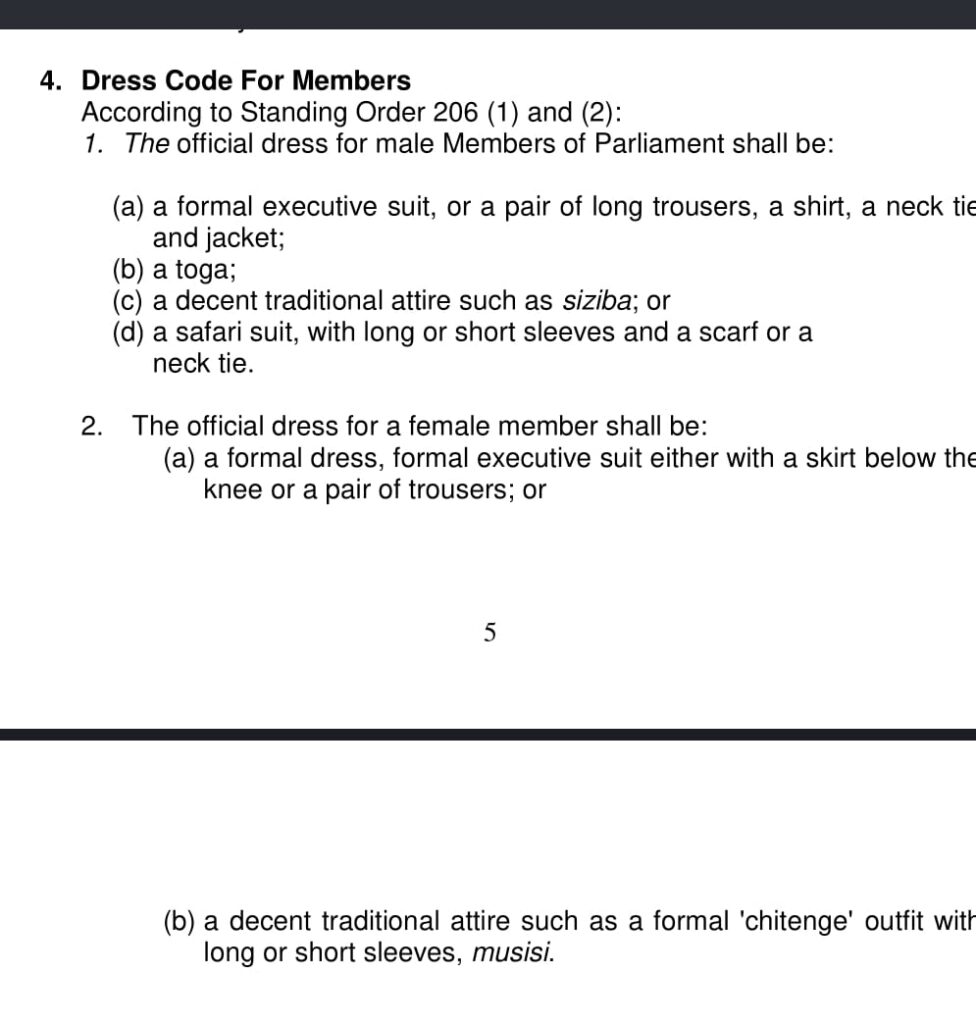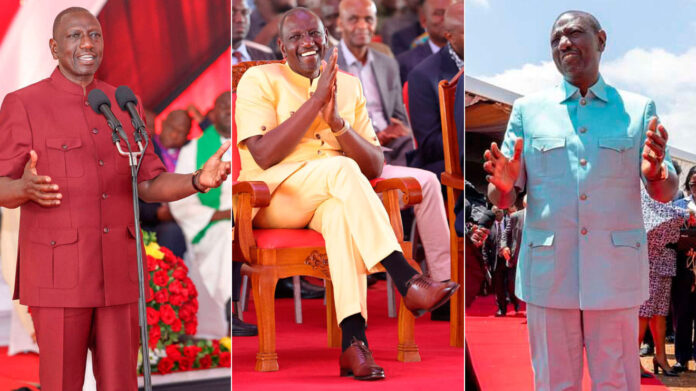By Peter Sinkamba
DRESS CODE IN ZAMBIAN PARLIAMENT: A COLONIAL LEGACY 60 YEARS AFTER INDEPENDENCE
I note from social media posts that some MPs were today ordered to leave the Chamber for wearing Ngoni head dress also known as Umquele. It is reported that wearing such breached Parliamentary rules, decorum, and etiquette of the House.
Obviously this act by the Speaker may have infuriated not only the Ngonis, but all others like me, who value our African culture, let alone the Zambian culture and traditions.
I nearly condemned the Speaker for such an outrageous decision. But when I checked the rules, I noted that it not the Speaker, but parliamentarians themselves to blame, for prescribing a dress code for themselves in parliament.
I say it is parliamentarians to blame because all laws are made by parliament. Therefore, parliamentarians must collectively blame themselves, for bad laws that exist on our statute books, including the dress code.
The Executive has been cautious since independence never to prescribe a dressing code for the President, ministers and others in the executive arm besides the defence and security wings.
For this reason, the President and ministers dress as they please, provided in their personal judgment, such dressing is appropriate for the occasion. Because they don’t have a prescribed dress code, no one will chase away a President or Minister from office for breach of a dress code.
Several parliaments in Africa maintain a dress code on their statute books. The exception is the South African parliament.
The problem with all laws is that they are subject to interpretation only by the courts. Thus, those delegated to enforce the laws can maliciously do things and advise those that are dissatisfied to go to court. Many a time, because of the time, expense, and inconvenience, affected persons don’t challenge repugnant decisions.
In Zambia, a perusal of the dress code shows that for male MPs, they are required to wear a formal executive suit, or pair of long trousers, a shirt, neck-tie, and jacket. The rules also allow men to wear a long or short sleeved safari suit (Kaunda Suit) and a scarf or neck-tie. A toga or decent traditional attire such as the Lozi siziba are allowed.
For female MPs, official dress code include formal dress, formal suit with either a skirt below the knees or pair of trousers. Also allowed is decent traditional attire with short or long sleeves, or indeed the Lozi musisi attire.
However, the rules do not state the type of head dress to be worn by MPs. And this is where the problem lies in the case of MPs chased away today by the Speaker. Legally, there is no offence committed where no rule exist to outlaw a particular activity or thing.
If traditional attire is allowed, it goes without saying that no offence is committed for wearing the Umquele, Lozi red cap, or my traditional cap. If challenged in courts of law on the umquele, most likely, the Speaker could be ruled to have acted ultra vires. But who has time to go to court?
The trend is the same elsewhere in Africa where MPs maintain on their statutes a dress code for MPs. In Kenya, for example, in 2020, Senate Speaker Ken Lusaka, made a historic ruling regarding how Senators are allowed to dress in the house.
During one session, Speaker Lusaka stated that legislators would now be allowed to access Parliament’s debate chambers and attend house business in traditional African attire.
The historic ruling was triggered by Narok Senator Ledama ole Kina who caused a spectacle by dressing in traditional Maasai regalia.
Wajir Senator Abdullahi Ibrahim raised a point of order, noting that Ledama’s dressing contravened the Senate’s standing orders and traditions which have run since the colonial era.
Speaker Lusaka later ruled that the constitution recognises culture as an important aspect of the nation. He added that the Maasai attire was globally recognised as thus acceptable for Ledama to wear.
“It would be absurd, unfortunate, and unconstitutional for me to dismiss Ole Kina for wearing a dress that has been globally recognised not just as a symbol of the Maasai but also something that globally identified our heritage as a country,” he ruled.
The senator thanked Lusaka by saying “My culture my pride. Thank you Mr. Speaker for respecting the constitution and our culture!”
At that time, it was made clear that the landmark ruling was only going to apply to the Senate until the National Assembly reconsiders the age-old dress code. The dress code in Parliament has remained unchanged since Kenya attained independence in 1963. Male MPs have been required to wear a formal suit, a shirt and a tie – a tradition borrowed from Britain.
A number of leaders had been kicked out of Parliament over their dress code including Nairobi Governor Mike Sonko, ODM Leader Raila Odinga and his father Jaramogi Oginga Odinga.
The late Jaramogi was kicked out for wearing a pair of shorts while the ODM leader was ejected in 2003 for dressing in Nigerian men’s attire popularly known as abgaba.
Sonko, then the MP for Makadara, was ordered out of the house after entering the chambers wearing ear studs and sunglasses. He tried to explain that he was a youth and that his dressing represented the youth of the country but his argument fell on deaf ears.
Now there is new Speaker. He has outlawed wearing of Kaunda Suits which have popularized by the current President Ruto. Most likely, the next time hussler President Ruto goes to Parliament, he will wear the Kaunda Suit as a symbol of resistance against colonial mentality.
But as for MPs in Zambia, Kenya and elsewhere in Africa, unless and until they free themselves from the colonial culture of dress code, they will always be chased away depending on the attitude and behaviour of the presiding officer.
I remember, decades ago, there used to be a dress code when travelling by plane. One had to wear clothes like MPs: suits! This is no longer the case. One can wear shorts, slippers, even travel bear feet when flying out first or other class. No one bother anymore.
So, to conclude , MPs should free themselves from the repugnant colonial culture of dress code. And only MPs themselves can free themselves from this colonial yoke of dress code. No one else will do it for them.




